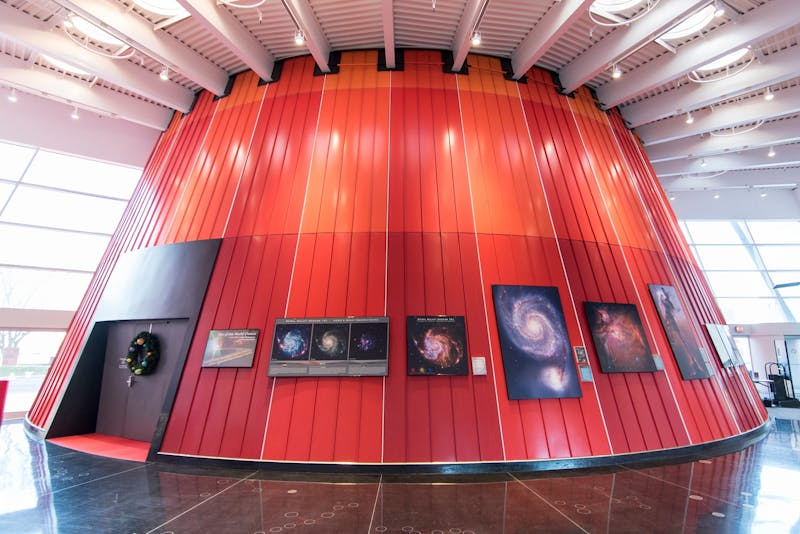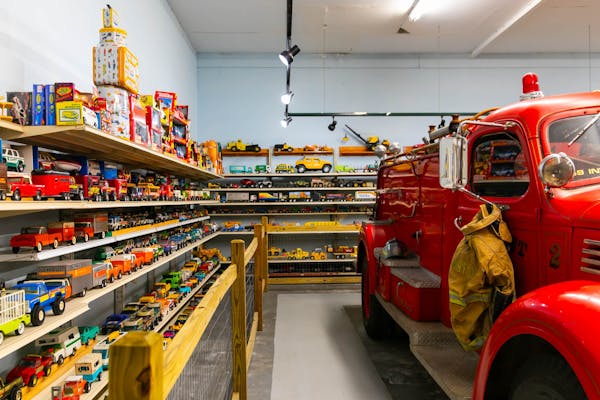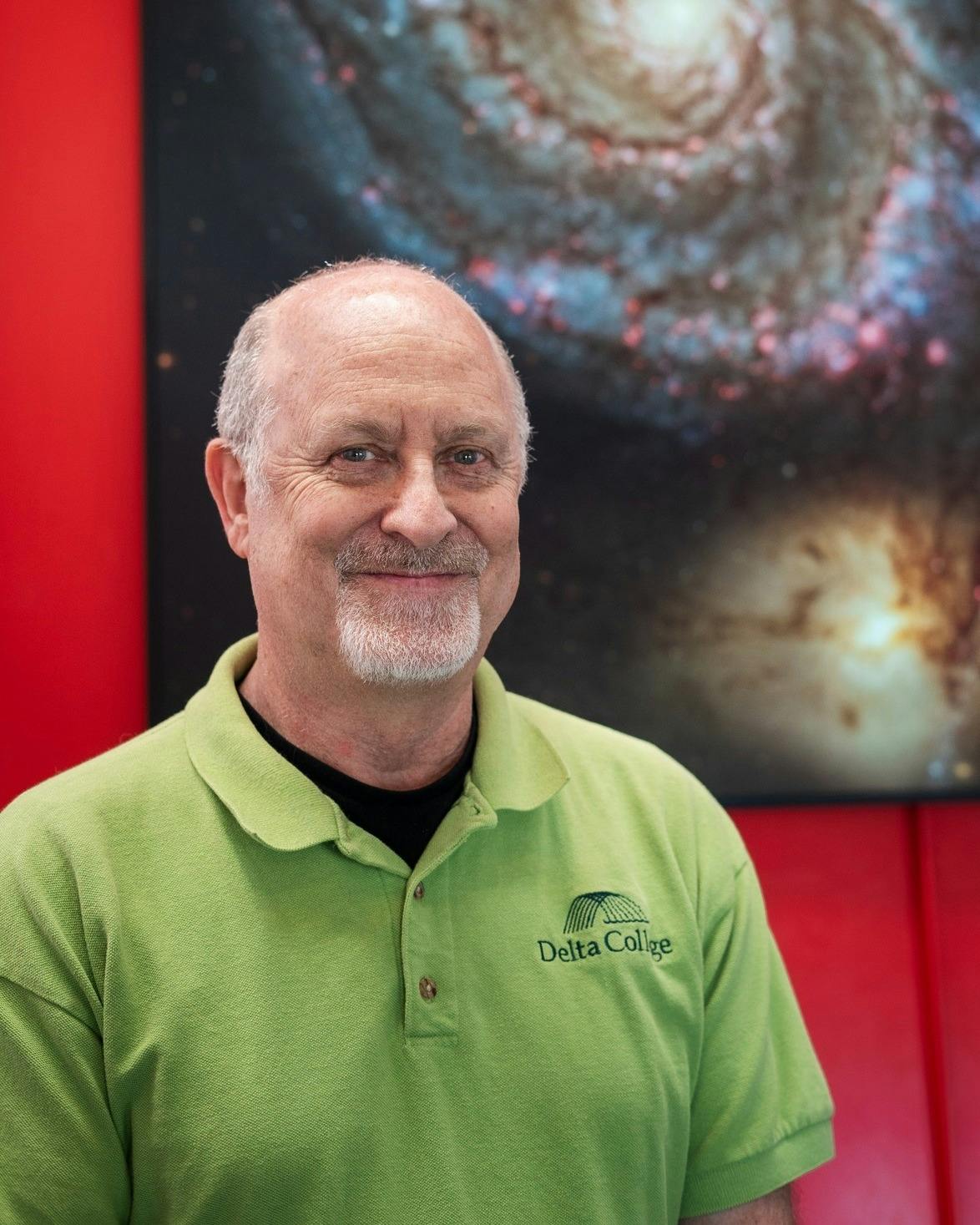
“I serve as the astronomer and manager for the Delta College Planetarium here in Bay City. I had worked in planetariums as an undergraduate, and fell in love with the idea of public education. After doing some graduate work in astrophysics, I shifted my focus to informal science education and I’ve spent most of my career in planetariums.
I came to the Delta College Planetarium in 2015. You know how Delta College says they are one of the leading community colleges in the nation? They aren’t kidding. I was in Salt Lake City before I came here, and I already knew about Delta College and that they had built a world-class planetarium. It’s incredibly rare for a community this size - normally you’d have to visit a major metropolitan area to experience something like this.
I love to see people get excited about learning something new. I especially enjoy seeing that spark of curiosity become reignited in adults, because this experience is not limited and should not be limited to children. It’s about lifelong learning. Things like arts and music and culture are every bit a part of the human experience as anything practical.
I like to see planetariums as a classic example of how education and entertainment are not really separate entities. When done effectively, they weave together. Anything that entertains can educate more effectively. We work hard to tell engaging stories to go with these incredible visuals that help share the secrets of the natural world.”
—Mike Murray, Manager and Astronomer of the Delta College Planetarium
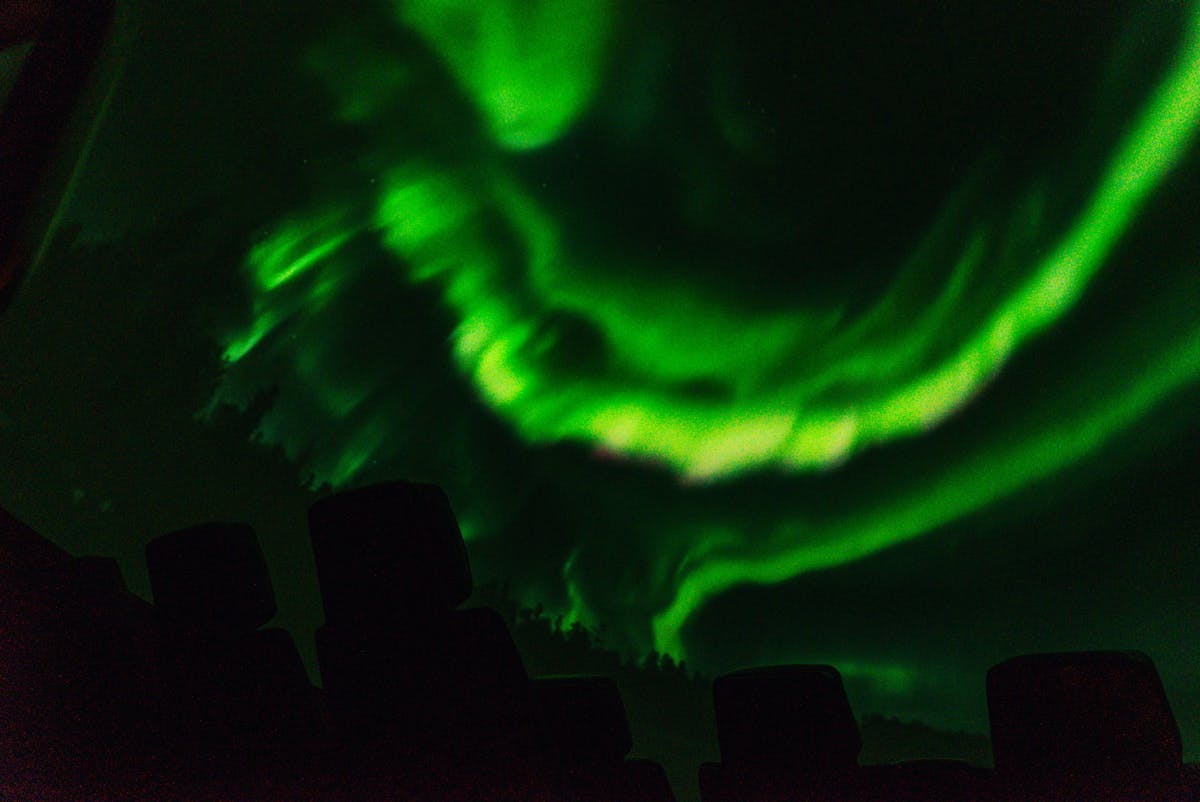
“The Delta College Planetarium opened in 1997. It was built entirely using grant funds from NASA, which was very rare. Education and public outreach are important to NASA, but they are typically not in the habit of building planetariums, so we are very fortunate.
The first projection planetarium opened to the public in 1925 in Munich, Germany. Until 1982, all planetariums were using the same optical-mechanical machines augmented with slide projectors and custom effects.
The leaps in technology over the past few decades have revolutionized the field. The first digital planetarium projectors in the 1980s could only display dots and lines. No color, no video. It was a big step but still dependent on a lot of flat, stationary imagery. Then in the late 90s and early 2000s, you start to see full color, full-dome digital animation effects—but it was still pretty pixelated, soft, and dim. Today, projectors are so advanced that they look and feel how the universe is meant to be experienced - as close to real as you can get!
We run two projectors that blend to cover the full dome, and they come at a cost of about $120,000 each. It is expensive, but the ability to show groups of people the wonders of the universe is more than worth it.”
—Mike Murray, Manager and Astronomer of the Delta College Planetarium
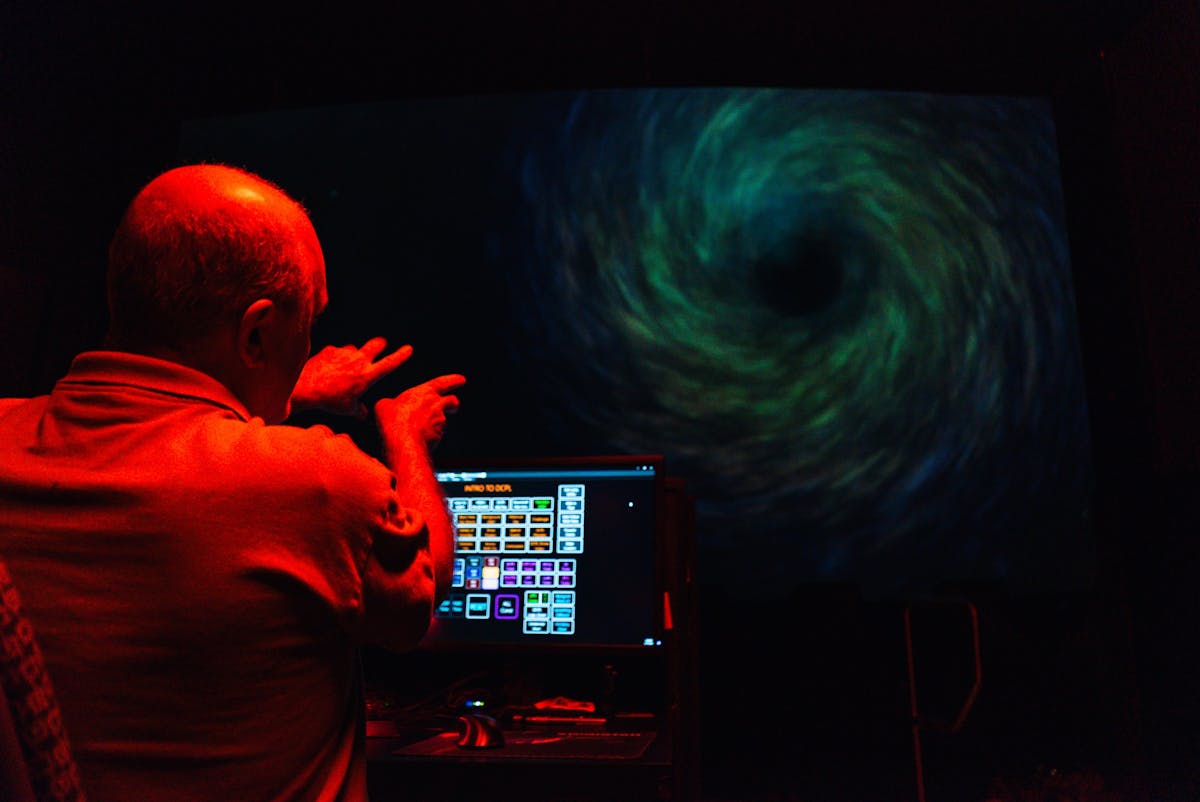
“How well a planetarium engages its community depends on its people, not the technology. I’ve seen all sizes and types of planetariums around the world, and the best ones don’t necessarily have the best technology in the biggest cities. Some of my favorite experiences were in lower-budget domes performed with a pointer and a few images.
The difference is in the ability of the storyteller.
At the Delta College Planetarium, we have both incredible technology and incredible presenters. The experience is less like traditional facts and more like science storytelling. How do we know the characteristics of stars? How do we know there are planets orbiting other suns? A lot of what we’re teaching comes from the process of asking questions and finding answers - the scientific method.
We have a very exciting calendar of shows and special events for the summer. Many people think of planetariums as a revolving door of school groups. We’re very proud to serve those groups, but there’s so much more. We have a wonderful new show focused on dinosaurs, and it makes full use of our dome and animation capabilities. We’re getting ready to debut a new show called Cosmic Dreamscapes, which is more of an art and music based immersive experience. So not everything is meant to focus on astronomy.
There’s so much to do here in the Great Lakes Bay Region. If it’s been a while since you’ve been to the planetarium, come and see what’s changed. It’s an experience that goes beyond just curiosity or education. It’s incredibly unique, and we’re proud to offer the experience.”
—Mike Murray, Manager and Astronomer of the Delta College Planetarium
